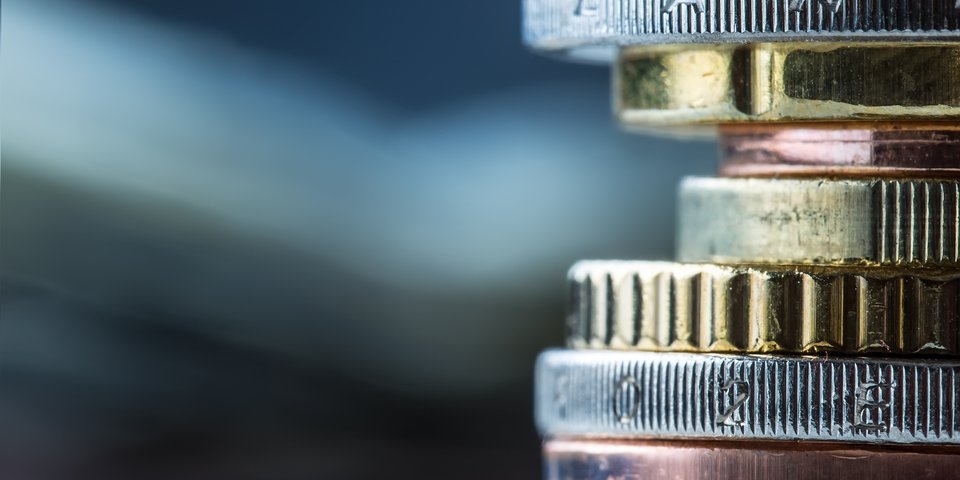 iStockphoto/MarianVejcik
iStockphoto/MarianVejcikCoronavirus aid for the rich?
OXFAM criticises one-sidedness of COVID-19 aids.
Dr. S-W – 09/2020
"In times of desperation, the rich get
richer, the profits more profitable!" This is one of the main conclusions
of the British non-governmental organisation OXFAM in an extremely detailed
study entitled "Power,
Profits and the Pandemic" this September.
The NGO has a critical perspective on the behaviour of
large multinational companies, which are making mass redundancies in the
coronavirus crisis, passing the burden of production and demand shortfalls in
the supply chains down to the weakest, distributing profits and, in all this,
happily demanding and receiving Corona-related state aid. Although this doesn't always
happen at the same time, the report gives a good overview of the
"winners" and "losers" in the crisis worldwide. It begins
with the massive profit distributions since January: Microsoft USD21 billion,
Google USD15 billion, Toyota 200%, measured by its profits of the last 6
months, and BASF as much as 400%. The fact that the giants in the crisis are
distributing more profits than they can report can also be observed in the 25
most profitable multinational companies in the S&P Global 100 Index. They
are expected to distribute almost USD380 billion to their shareholders in 2020
– that is 124% of their net profits, compared to 103% before the crisis.
Many companies are emerging from the crisis
in a stronger position: by the end of 2020, 32 of the world's largest companies
are expected to make USD109 billion more in profits than in previous years, and
88% of this is expected to be distributed to their shareholders. Pharmaceutical
giants are also among the winners. It is expected that the six largest
pharmaceutical companies will earn USD12 billion more this year than in
previous years. And the 25 richest billionaires managed to increase their
assets by USD255 billion between mid-March and the end of May alone.
On the other hand, some companies are
distributing profits which they have not even achieved in the current year: A
number of oil and gas tycoons, such as Exxon Mobil, incurred losses totalling
almost USD62 billion between January and July but still paid out a total of
USD31 billion to their shareholders in the same period.
OXFAM is extremely critical of the practice
of profit distribution as it essentially makes the rich even richer. Investors
are relying - not without good reason - on large companies being rescued in the
crisis, in contrast to many small companies, who have been the hardest hit
during the crisis.
OXFAM is particularly critical of companies
that benefit from state aid and at the same time distribute high profits. BASF
and Bayer are in prominent positions. They have received GBP1
billion and GBP600 million respectively, but have decided to pay out
GBP2.75 billion or EUR3.03 billion in dividends. Other similar examples have
been found worldwide, including in Europe, and sometimes accompanied by
redundancies. Many US companies that received high levels of government support
(more than USD4 million each) had not paid corporate taxes in the previous
year.
Nevertheless, governments did not remain
completely inactive. The USA and France, for example, have at least temporarily
put a stop to share buybacks for companies that received government loans. Such
a buyback is a popular method of maintaining the share price.
The report also addresses worrying trends
in occupational health and safety worldwide. Companies would repeatedly and
irresponsibly expose their employees to COVID-19 related health risks. The
mining industry as well as food retailers, call centres and clothing
manufacturers are mentioned. Migrant and seasonal workers in construction,
agriculture and meat processing are particularly at risk worldwide due to poor
and overcrowded housing in most cases. Despite considerable health risks,
companies in the affected industries had successfully resisted closures. In
some cases, affected companies have even lobbied to convince politicians and
governments of the need to relax safety regulations.
It is true that the
"figures" presented above certainly need to be placed into a wider
context and may be biased in specific cases. Nevertheless, the non-governmental
organisation is bringing up a painful subject: the often lack of transparency
in the use of public funds to rescue large companies in the COVID-19 crisis.
These are essentially funds that the states and the EU have yet to raise on the
capital market - against interest payments.
